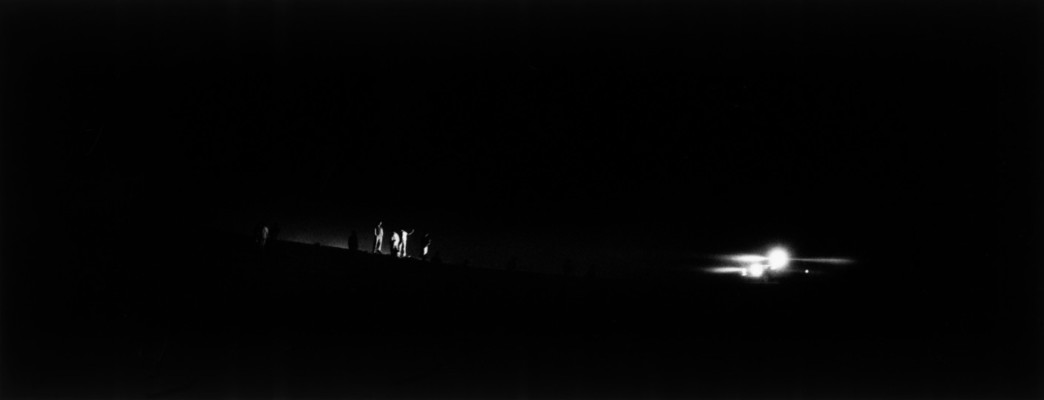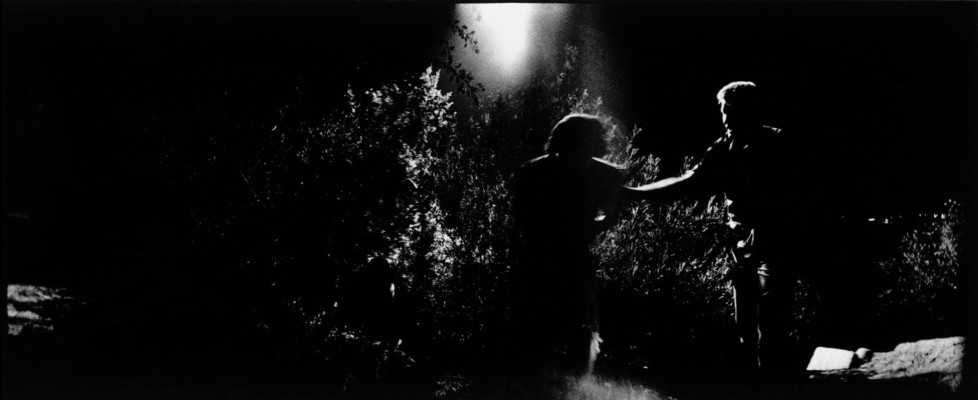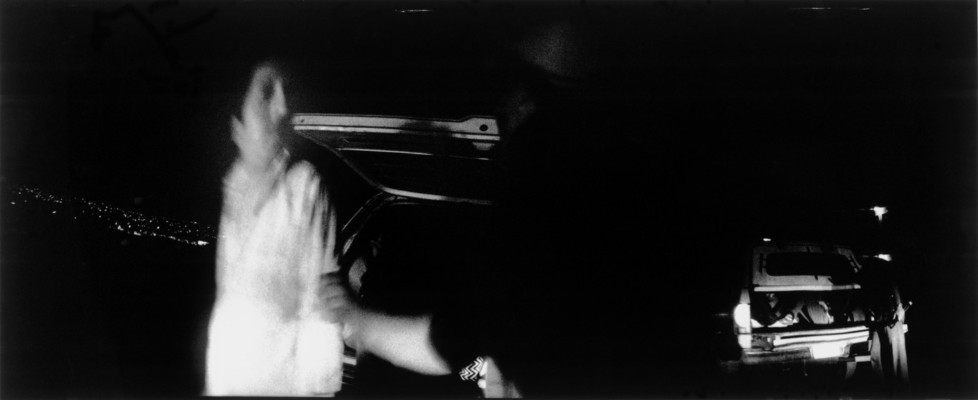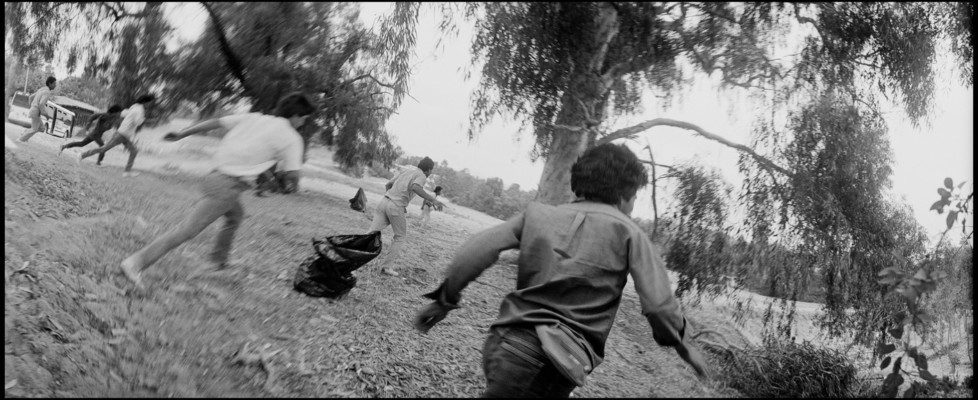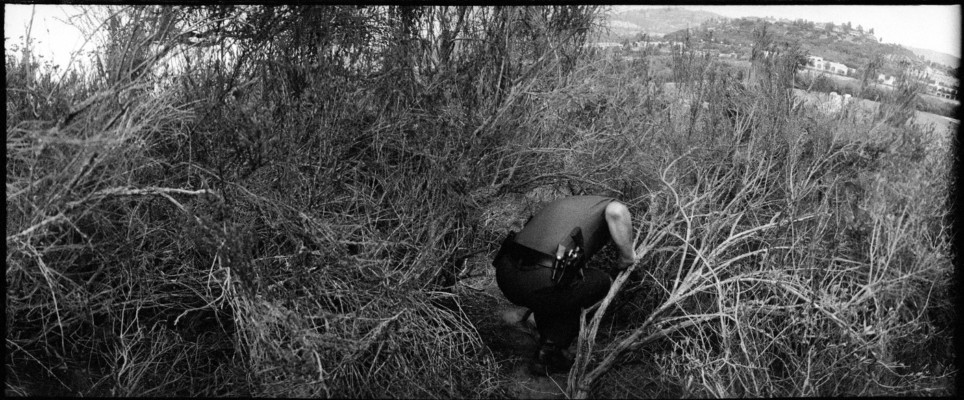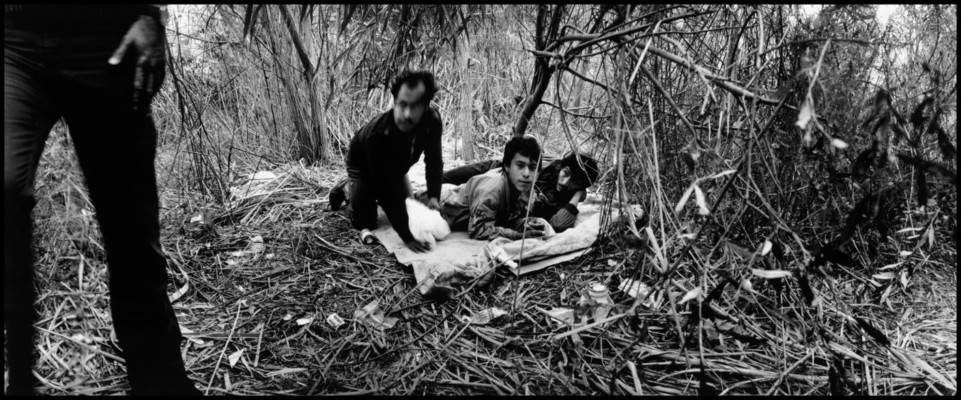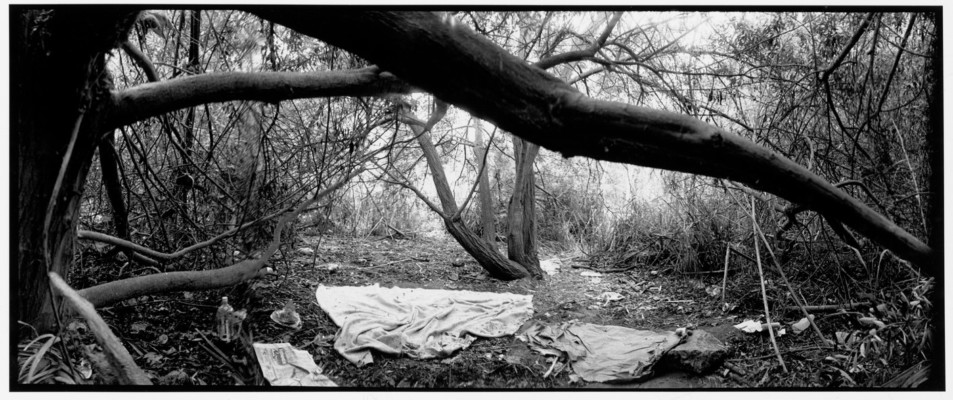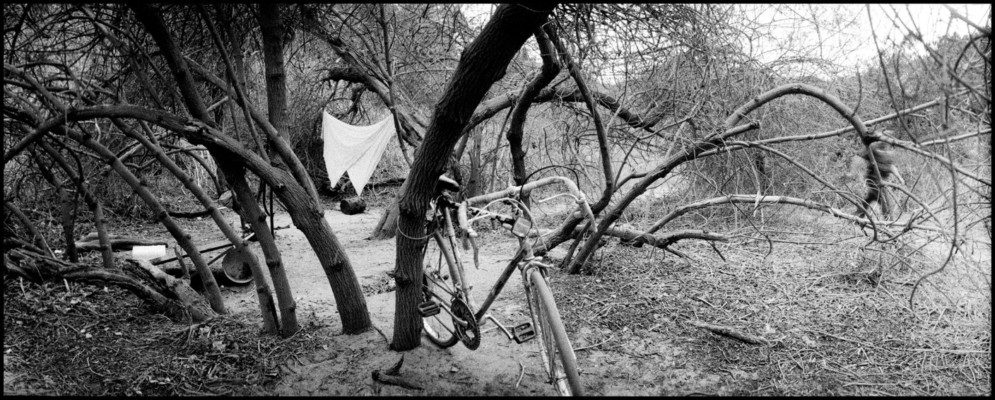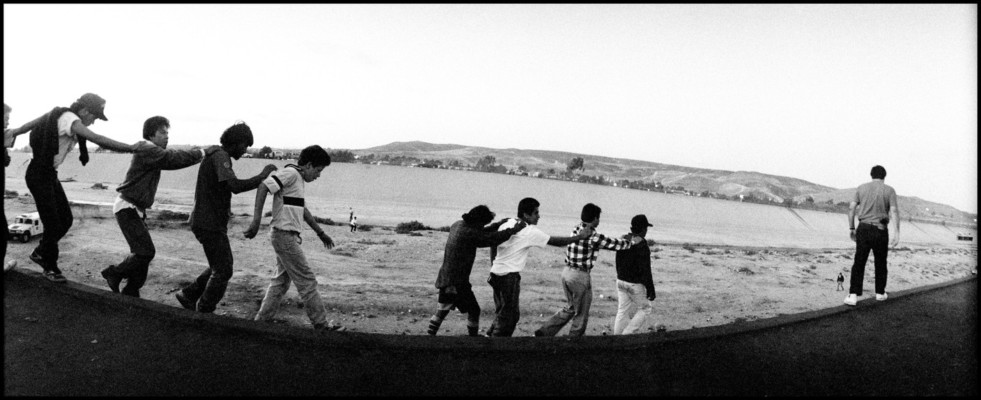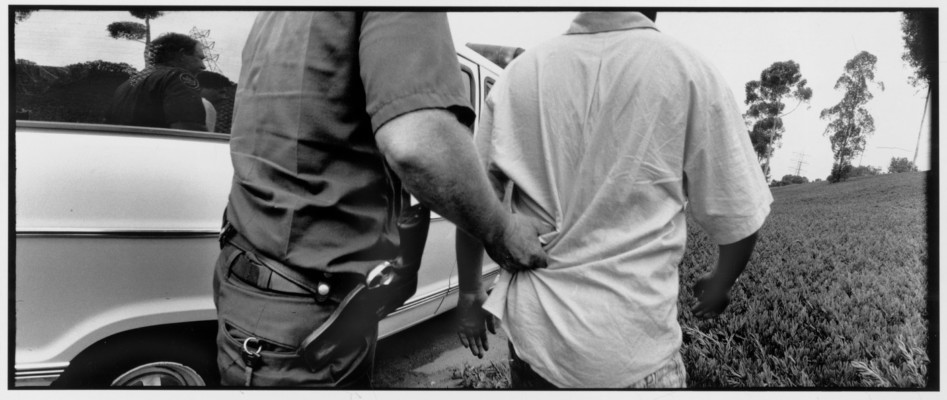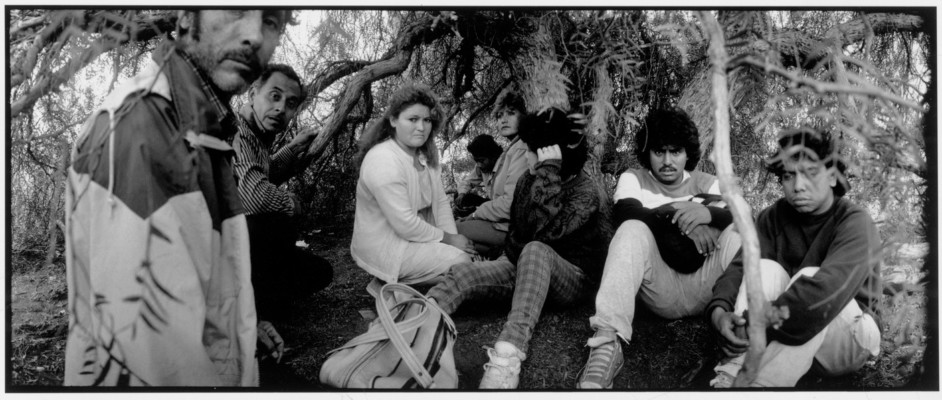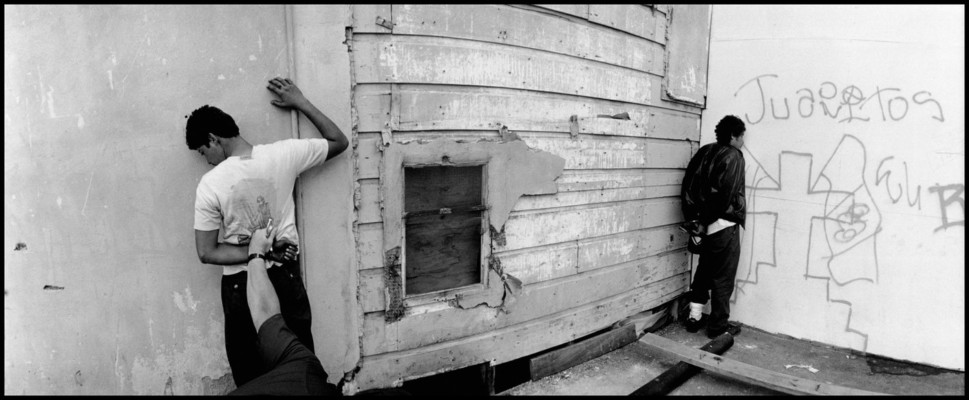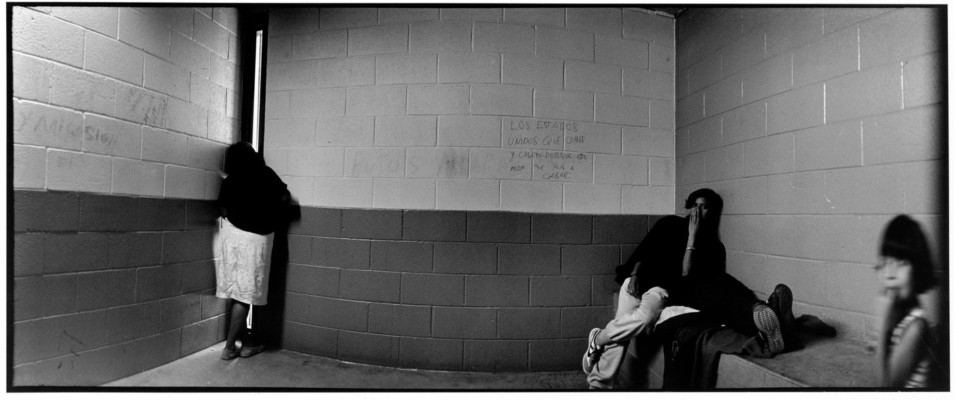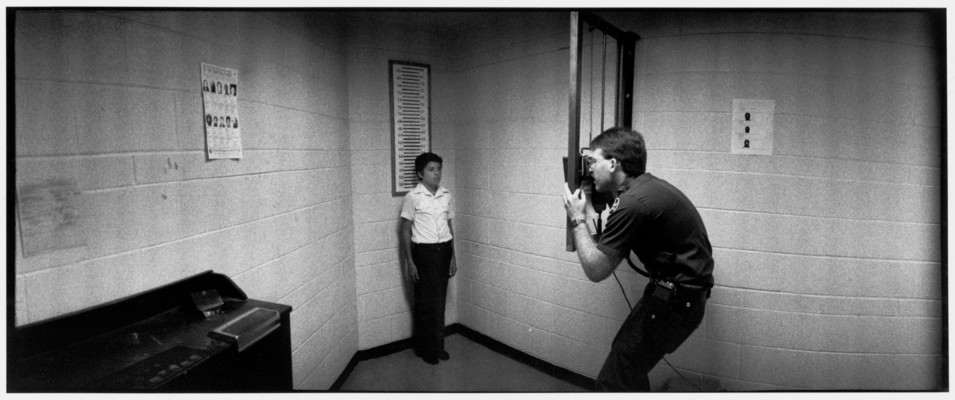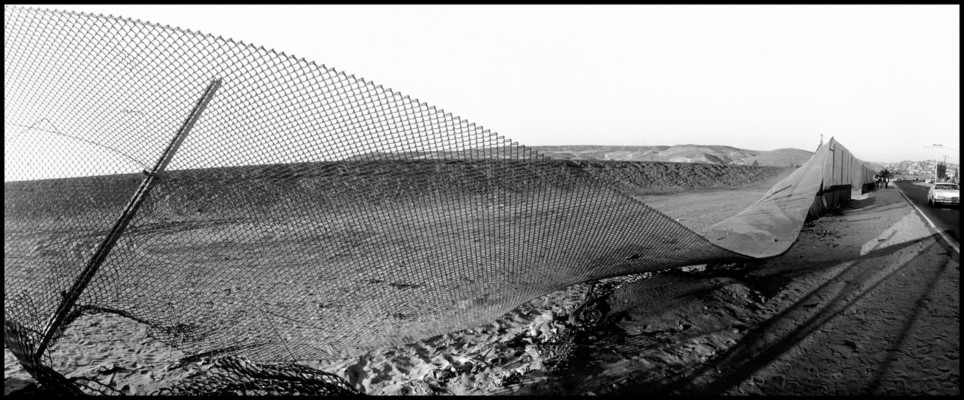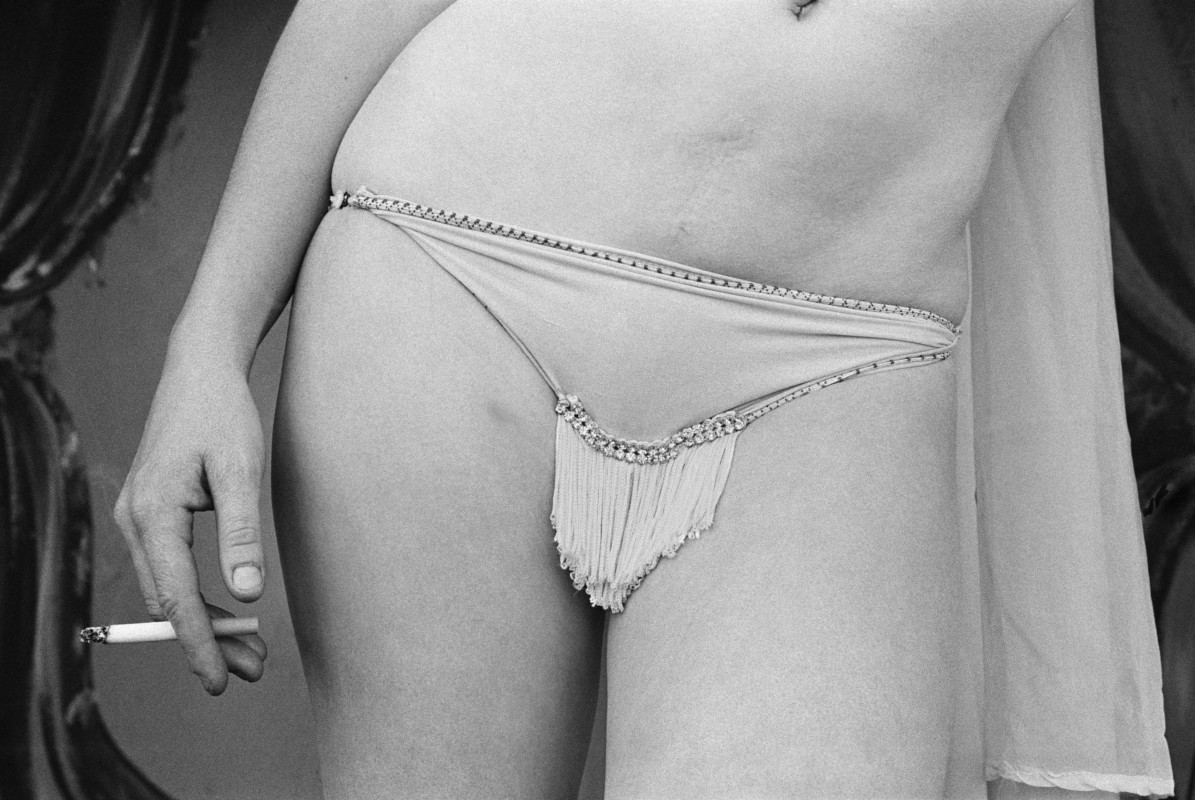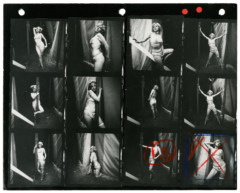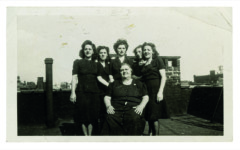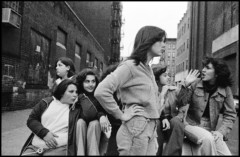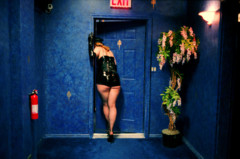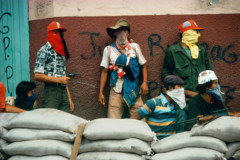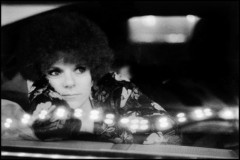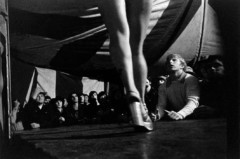Susan Meiselas’s seminal work presents a nuanced view on the dynamics of America’s traveling ‘girl shows’ in the early 1970s
"The camera is an excuse to be someplace you otherwise don't belong. It gives me both a point of connection and a point of separation."
- Susan Meiselas
Susan Meiselas was born in Baltimore, Maryland, in 1948. Her first major photographic essay focused on the lives of women doing striptease at New England country fairs. She photographed the carnivals during three consecutive summers while teaching photography in the New York public schools. Carnival Strippers was published in 1976, and a selection of the images was installed at the Whitney Museum of Art in June 2000.
Meiselas received her BA from Sarah Lawrence College, New York, and her MA in visual education from Harvard University. She joined Magnum Photos in 1976, and became a full member four years later. Best known for her coverage of the insurrection in Nicaragua and for her documentation of human rights issues in Latin America, her second monograph, Nicaragua, June 1978–July 1979, appeared in 1981.
Meiselas edited and contributed to El Salvador: Work of Thirty Photographers (1983) and edited Chile from Within (1991), which features work by photographers living under the Pinochet regime. She has co-directed three films: Living at Risk: The Story of a Nicaraguan Family (1986), Pictures from a Revolution (1991) with Richard P. Rogers and Alfred Guzzetti, and Re-framing History (2004) where she returns to Nicaragua again, on the 25th anniversary of the Revolution.
In 1997, she completed a six-year project curating a 100-year visual history of Kurdistan, integrating her own work into the book Kurdistan: In the Shadow of History (1997) along with the pioneering website akaKURDISTAN (1998), an online archive of collective memory and cultural exchange.
Her 2001 monograph, Pandora’s Box, which explores a New York S&M club, has been exhibited both at home and abroad. Her 2003 book and exhibition, Encounters with the Dani, documents a 60-year history of outsiders interacting with the indigenous people living in Indonesia’s Papua highlands. Her first retrospective exhibition and book In History (2008) was produced with the International Center for Photography and published by Steidl. A further survey of Meiselas’s five decades of work, Mediations, launched in 2017 and has traveled to the Fundacion Tapies in Barcelona, the Jeu de Paume in Paris, the San Francisco Museum of Modern Art, the Instituto Moreira Salles in São Paulo, Kunst Haus Wien, C/O Berlin, FOMU in Antwerp, along with other European venues.
Published in 2017, A Room of Their Own (2015-2016) was commissioned by Multistory, a UK regional arts organization. Meiselas led a series of workshops with women in refuge in the Black Country to create a visual narrative combining photographs, first hand testimonies and original artwork.
Her book Tar Beach (2020), gathers family photographs and memories from Little Italy, New York. Launched with two of her neighbors, the project focuses on images from their rooftops, celebrating everyday lives from the 1930s through the 1970s. Meiselas participates in Collaboration: A Potential History of Photography (2024) a groundbreaking publication, collaborating as one of five authors, along with hundreds of photographers, writers, critics, artists, and academics.
Meiselas has had one-woman exhibitions in Paris, Madrid, Amsterdam, London, Los Angeles, Chicago, and New York, and her work is included in international collections. She has received the Robert Capa Gold Medal for her work in Nicaragua (1979); the Leica Award for Excellence (1982); the Engelhard Award from the Institute of Contemporary Art (1985); the Hasselblad Foundation Photography prize (1994); the Cornell Capa Infinity Award (2005); the Harvard Arts Medal (2011), Guggenheim Fellowship (2015), and most recently the Deutsche Börse Photography Foundation Prize (2019). In 1992, she was named a MacArthur Fellow.
Meiselas has been the President of the Magnum Foundation since its founding in 2007, with a mission to expand diversity and creativity in documentary photography.



